Deepa Mehta’s film Fire, released in 1996, is a seminal work in Indian cinema and a landmark for the LGBTQ community. As one of the first mainstream Indian films to depict a romantic relationship between two women, Fire challenged societal norms and sparked significant controversy and dialogue about sexuality and women's rights in India.
However, Mehta says she did not think of Fire as a queer film at the time of its making.
“For me, it was an exploration, and I didn’t think of it as a queer film then. It was a natural progression in the relationship, where they were emotionally available and sustainable for each other,” she revealed at the ongoing Kashish Pride Film Festival in Mumbai.
The film centers on Radha (Shabana Azmi) and Sita (Nandita Das), two sisters-in-law in a traditional Hindu household, who find solace and love in each other amidst the neglect and oppression they face from their husbands. This narrative not only highlights the characters' exploration of their sexual identities but also critiques the rigid gender roles and expectations imposed on women in Indian society.
Upon its release, Fire faced a vehement backlash from conservative groups that saw the film as an affront to Indian culture and morality.
Deepa recalled, “Fire actually went through the censor board twice, without a single cut and that we felt was amazing. After the release, I was in Dubai but was called back to Delhi because the attacks began. There were protestors at the Regal Theatre and Connaught Place. I reached there and was astounded. I wept at what I saw. I saw women with placards that said, ‘We are lesbians and we are Indians’.”
Actress Nandita Das added, “We knew there would be problems when we made the film. We were prepared for some cuts, but when the Censor Board passed it without a single cut, we were overjoyed. It was released, and there were mixed reactions. On the 13th day, the attacks started with, ‘This is against our culture’. What gave us courage was that people took to the streets spontaneously saying that it was their right to be able to watch the film.”






 Shefali Jariwala dies at 42 after cardiac arrest, industry mourns Kaanta Laga starInstagram/
Shefali Jariwala dies at 42 after cardiac arrest, industry mourns Kaanta Laga starInstagram/ Shefali Jariwala was married to actor Parag Tyagi,Instagram/
Shefali Jariwala was married to actor Parag Tyagi,Instagram/








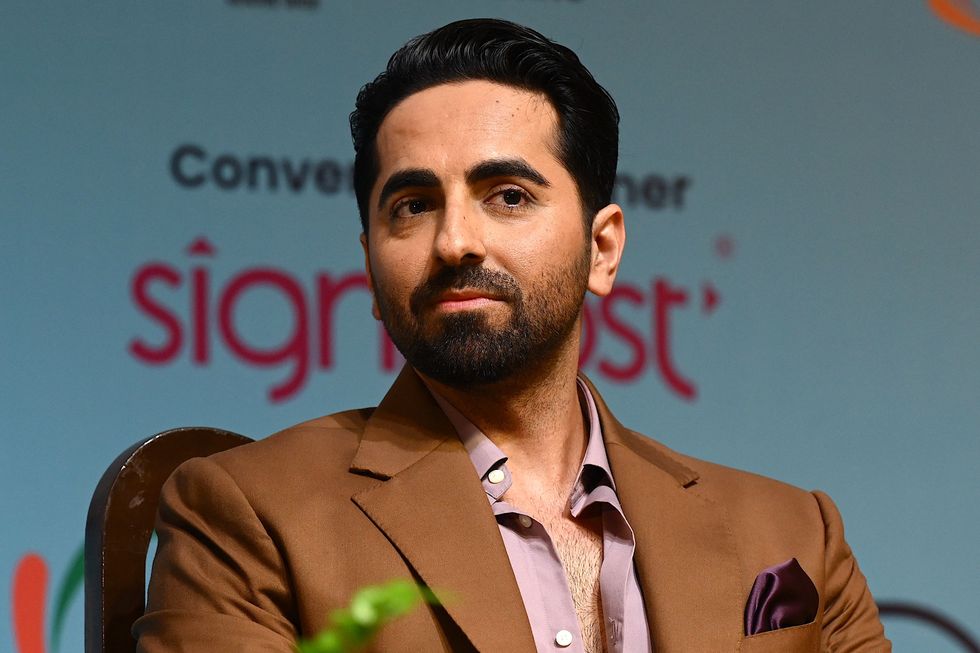 Ayushmann Khurrana attends an event at the FICCI Frames 2024 Getty Images
Ayushmann Khurrana attends an event at the FICCI Frames 2024 Getty Images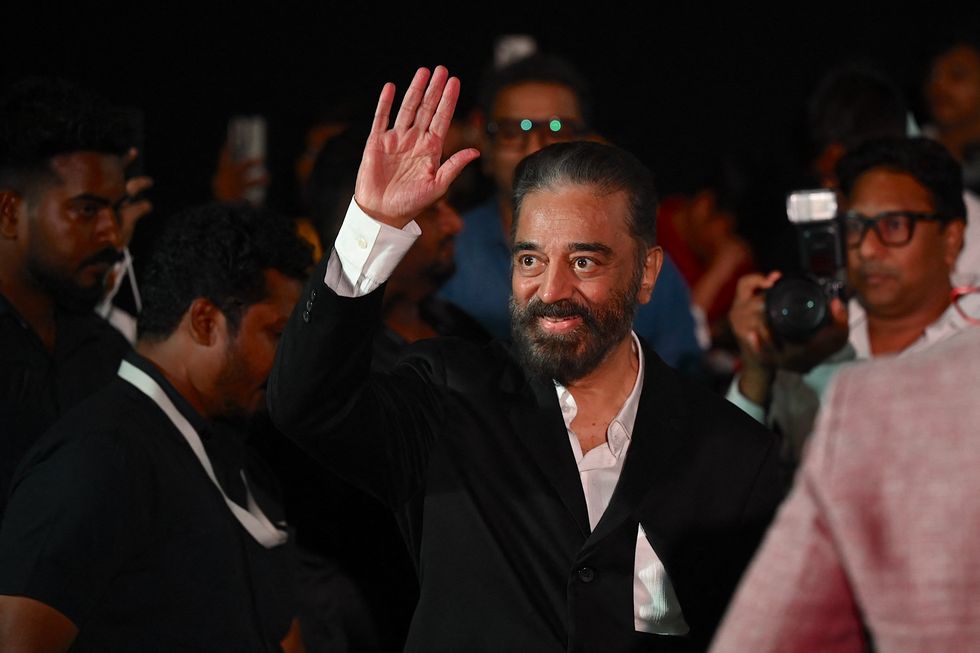 Kamal Haasan waves as he attends a press conference for 'Thug Life'Getty Images
Kamal Haasan waves as he attends a press conference for 'Thug Life'Getty Images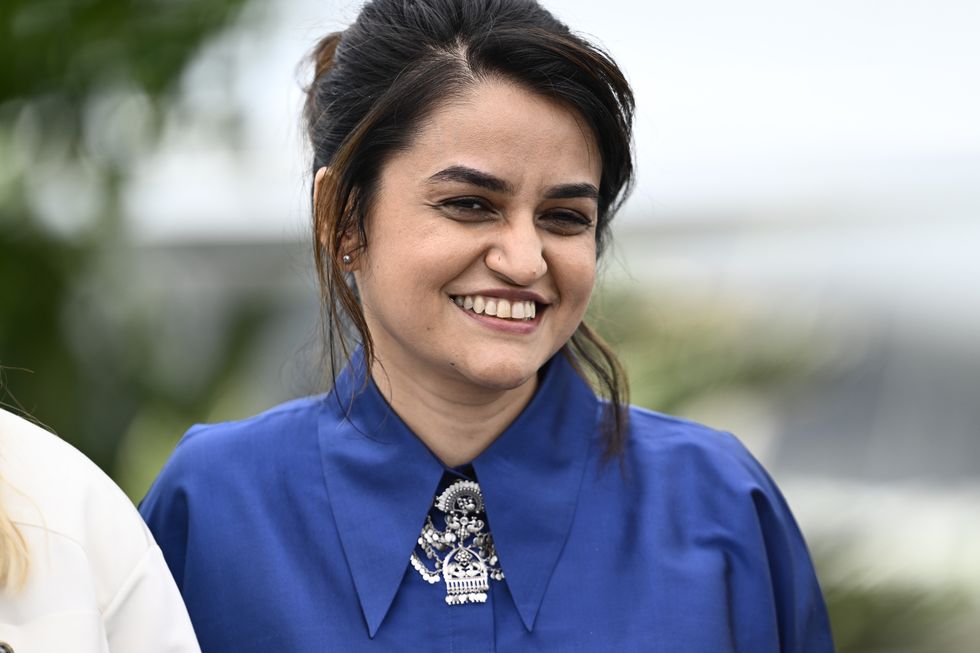 Payal Kapadia smiles during the Jury photocall at the 78th annual Cannes Film FestivalGetty Images
Payal Kapadia smiles during the Jury photocall at the 78th annual Cannes Film FestivalGetty Images
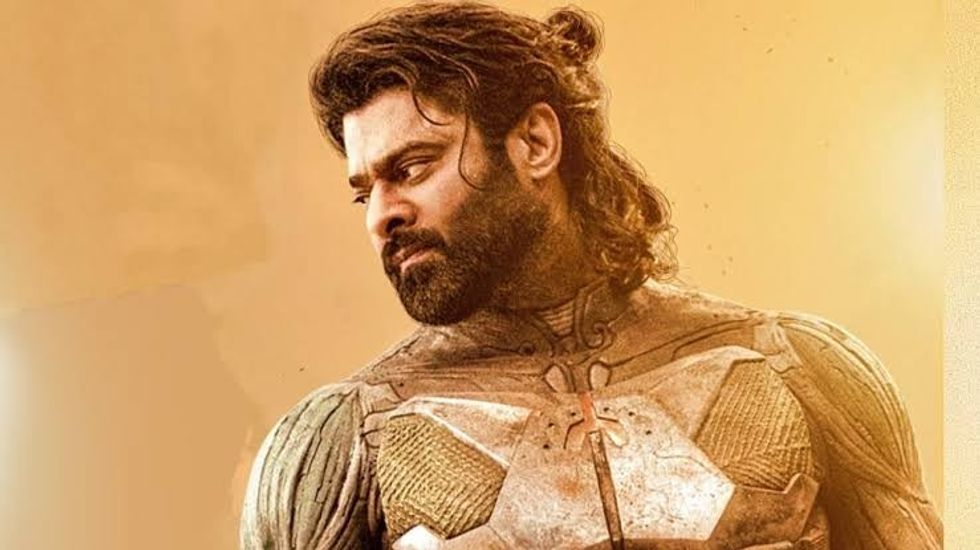 Prabhas in a still from Kalki 2898 AD which completed one yeargetty images
Prabhas in a still from Kalki 2898 AD which completed one yeargetty images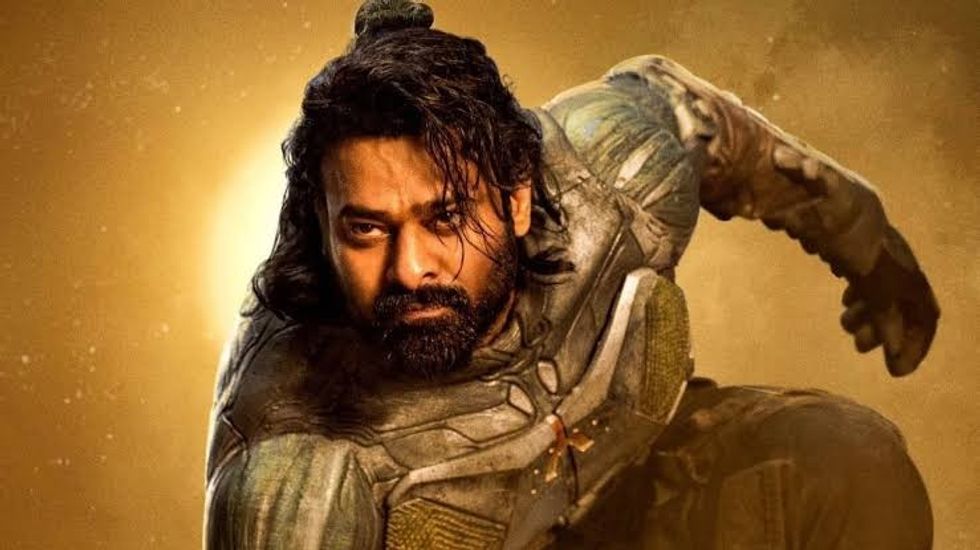 Kalki 2898 AD became one of the top three biggest openers in Indian cinemagetty images
Kalki 2898 AD became one of the top three biggest openers in Indian cinemagetty images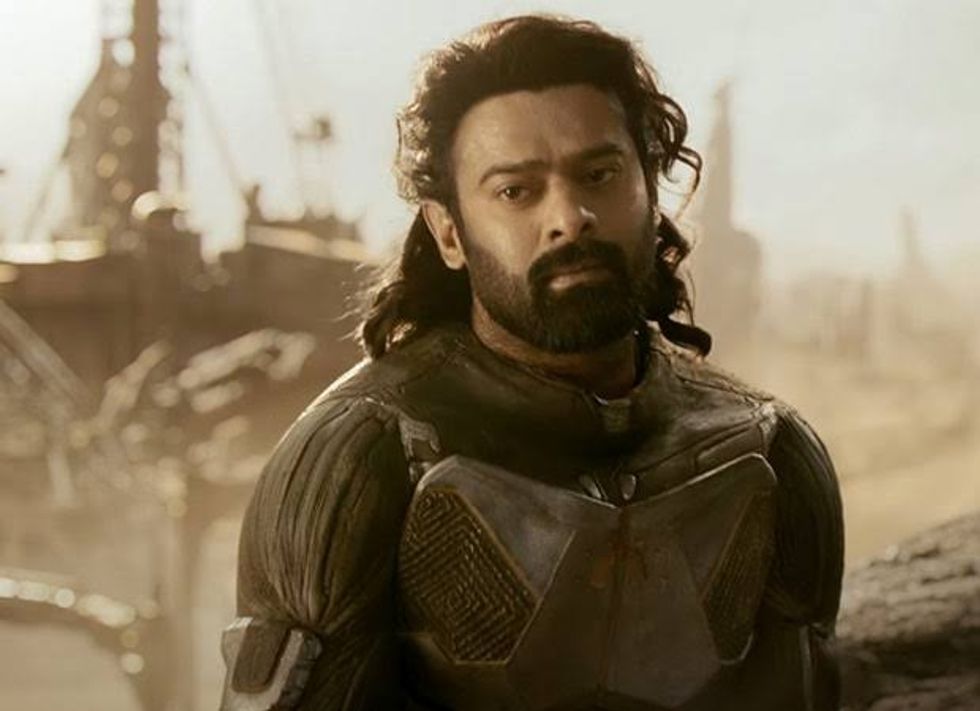 Kalki 2898 AD brought together sci-fi and mythology in a first-of-its-kind Indian filmgetty images
Kalki 2898 AD brought together sci-fi and mythology in a first-of-its-kind Indian filmgetty images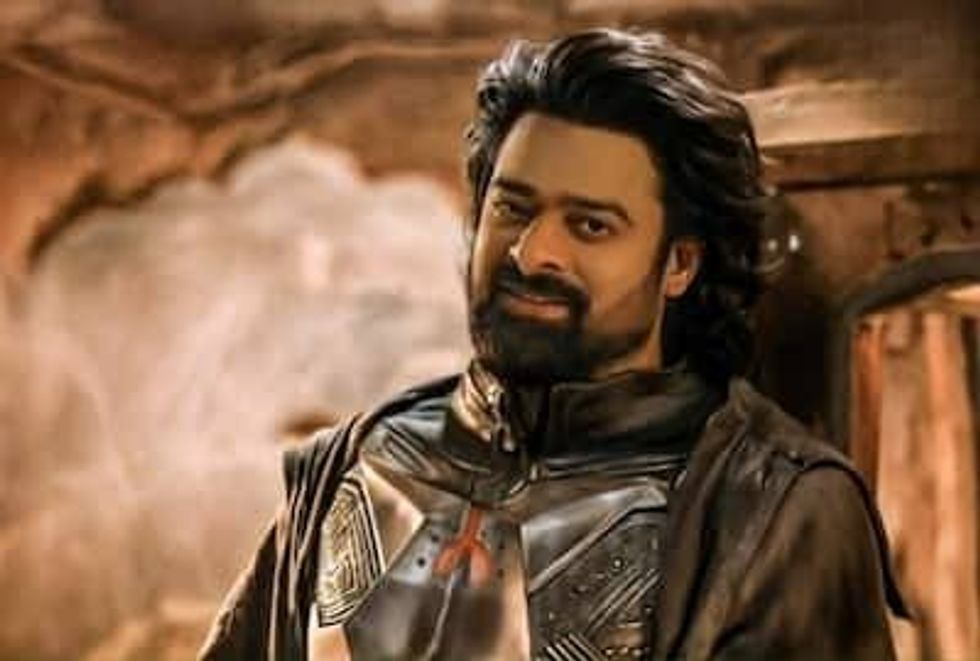 Prabhas plays the futuristic warrior Bhairava in Kalki 2898 AD getty images
Prabhas plays the futuristic warrior Bhairava in Kalki 2898 AD getty images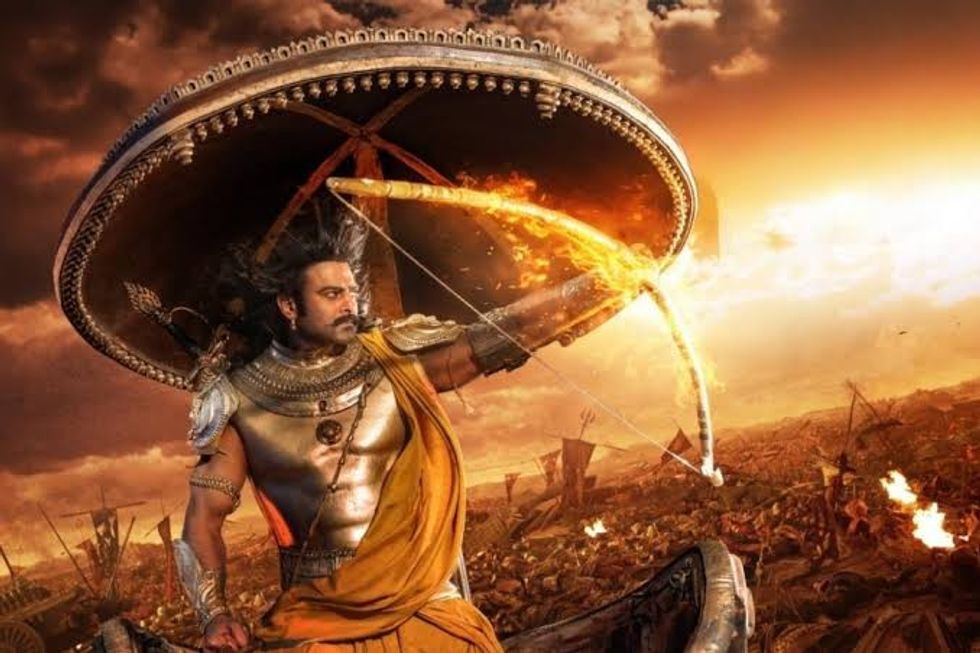 Prabhas in action during a high-intensity sequence from Kalki 2898 ADgetty images
Prabhas in action during a high-intensity sequence from Kalki 2898 ADgetty images
 Anusha Mani
Anusha Mani
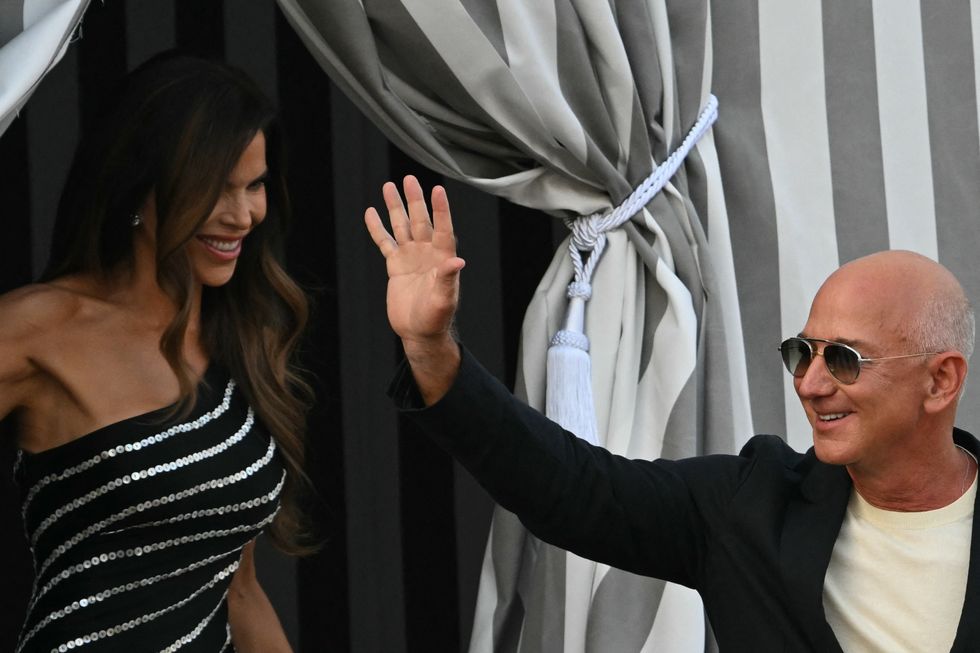 Lauren Sanchez and Jeff Bezos leave the Aman Hotel in Venice ahead of their wedding Getty Images
Lauren Sanchez and Jeff Bezos leave the Aman Hotel in Venice ahead of their wedding Getty Images 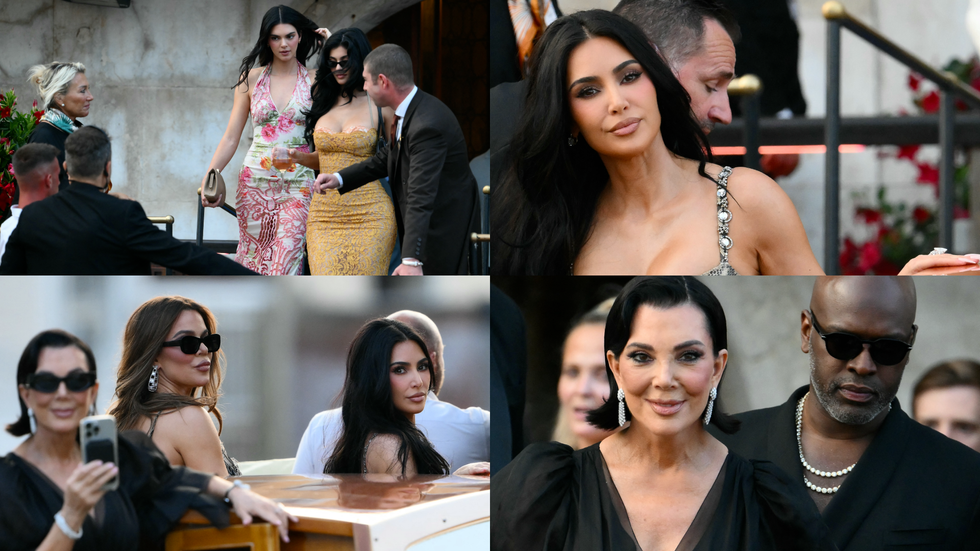 Kardashians seen boarding a boat ahead of the evening celebrations in VeniceGetty Images
Kardashians seen boarding a boat ahead of the evening celebrations in VeniceGetty Images 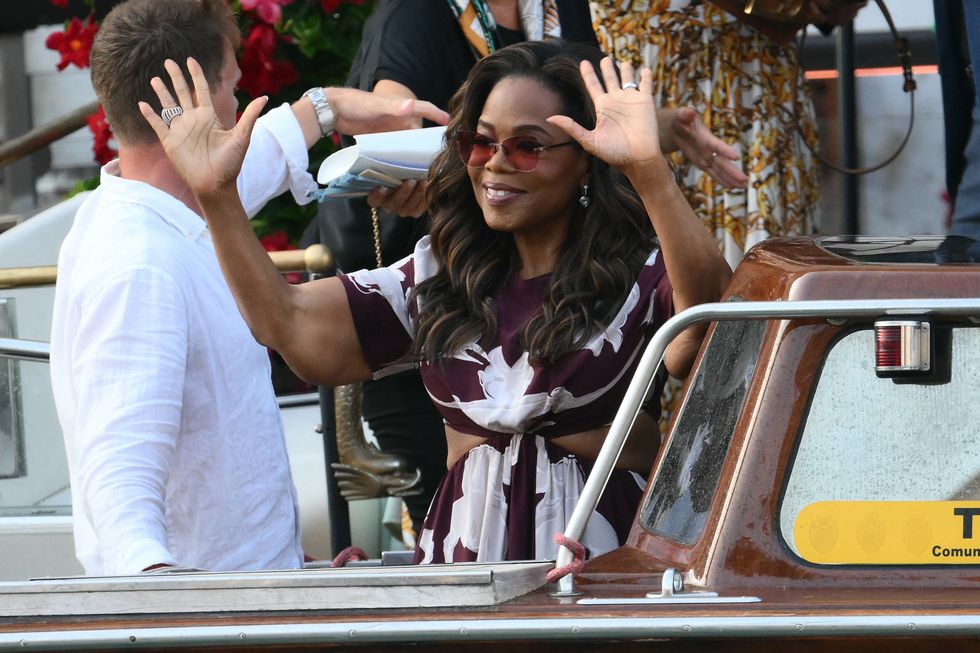 Oprah Winfrey wave to fans while heading to the welcome event Getty Images
Oprah Winfrey wave to fans while heading to the welcome event Getty Images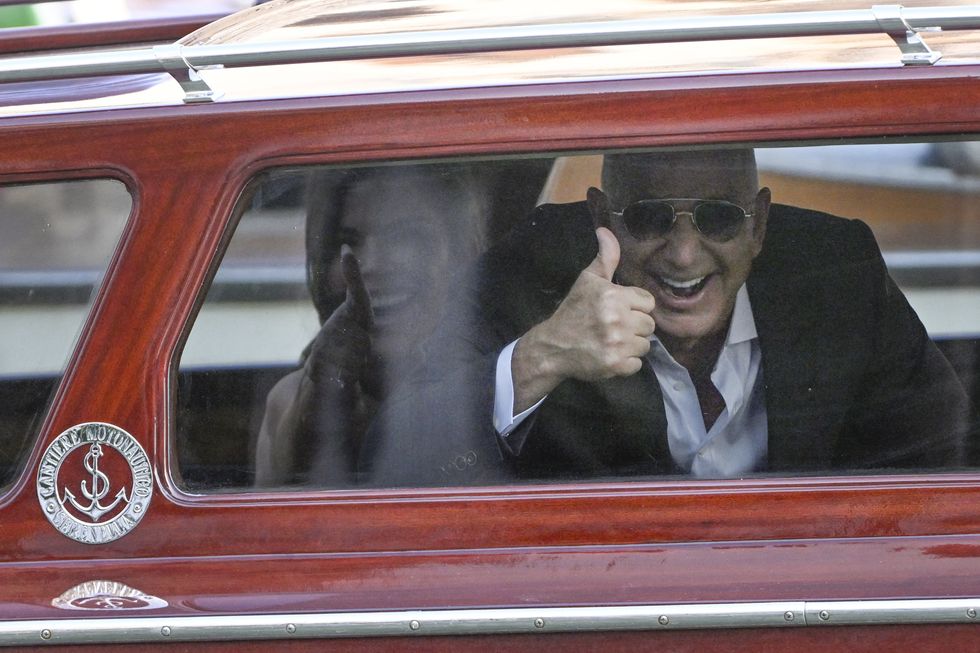 Jeff Bezos and Lauren Sanchez gesture in direction of Bezos' lookalike from the taxi boatGetty Images
Jeff Bezos and Lauren Sanchez gesture in direction of Bezos' lookalike from the taxi boatGetty Images